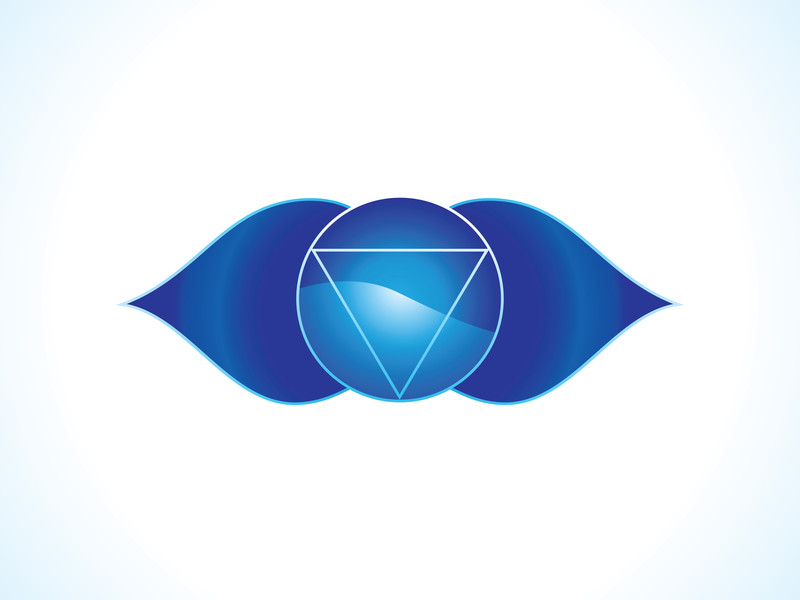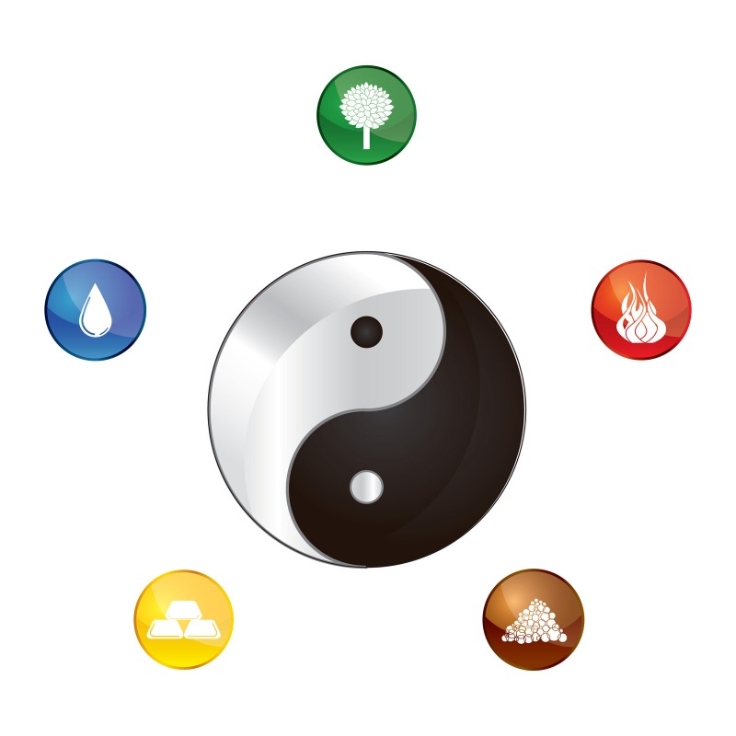Classroom or Online Training?
Posted on
There are an increasing number of online 'diplomas' available these days which are cheap, readily available and in a wide range of subjects, particularly complementary therapies. But do they qualify you to become a complementary therapist?
As a provider of face-to-face training you would assume I am biased towards classroom-based training, well, yes, but I do recognise that online courses have their merit:
- They provide an opportunity for people to study the theory of a topic before investing a lot of time & money in formal training only to discover they do not enjoy it
- They are good for people living in areas where there is a lack of classroom-based courses or they live in a remote region
- They can be great for CPD if you are already qualified and need a refresher or to supplement your classroom-based course.
However there are drawbacks to this being your only method of study:
- They are not recognised by professional organisations like FHT
- You do not get the opportunity for practical experience i.e. working with fellow students so you give & receive treatment; get honest feedback and guidance from your tutor (particularly important with subjects like massage or reflexology)
- Although the course is described as being a 'diploma', which sounds impressive, it may rate very low on the Regulated Qualifications Framework (RQF) to which courses run by further education establishments in the UK adhere. Some online diplomas are little more than introductory or entry level courses worth less than a GCSE
- Very often the insurance you are offered is through a company affiliated with the online training company and you could find if you tried to gain insurance through an independent company specialising in complementary therapies they would not recognise your online diploma.
So which is the better option? My advice? Do your research before signing up to any course. Find out if it is an industry recognised qualification. Do the professional organisations accept & recognise it? Is there a practical assessment required either in the form of a practical exam or case studies? What are the assessment questions like? If you can answer the questions in single short sentences where the answer is provided for you in the reading matter then it is a poor test for measuring your learning. How well written is the reading material? What other resources are available to you e.g. online tutorials, tutor support, videos, recordings etc. What about the marking of the assessments? Is it constructive & helpful feedback or has it just been ticked as correct?
I have done all sorts of courses and, yes, I started out on the cheap option of correspondence course only to complete it feeling unfulfilled and that I was nowhere near qualified to practise as a therapist and, to be frank, I also felt a little cheated. I achieved 100% in every assessment, the questions for each module were not exactly demanding and I received little in the way of feedback on how I was really doing.
So the choice is yours, but think if you knew nothing about complementary therapies but wanted a treatment who would you choose to visit? Someone who had done all their training through online distance learning or someone with an industry recognised qualification who was a member of a nationally recognised professional organisation?











